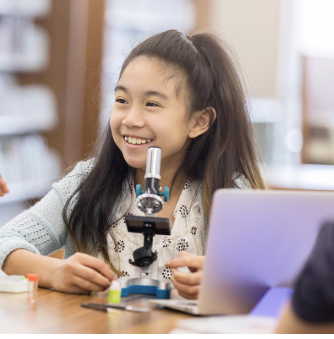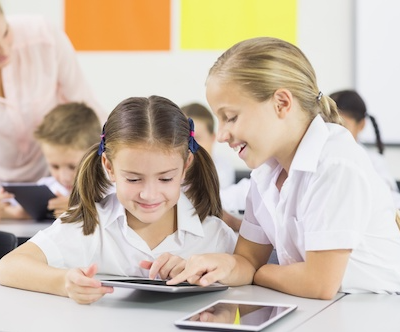Introduction
Personalized learning is transforming education by tailoring instruction to meet the unique needs, strengths, and interests of each student. Rather than applying a one-size-fits-all approach, personalized learning empowers learners to take ownership of their education. When implemented thoughtfully, this approach can significantly enhance student engagement, confidence, and achievement.
1. Meeting Students Where They Are
One of the core benefits of personalized learning is its adaptability. Teachers can assess students’ current levels and adjust content and pace accordingly. This ensures that advanced learners are challenged while those needing additional support are not left behind. Customized instruction helps maintain motivation and reduces frustration.
2. Encouraging Student Agency
Personalized learning encourages students to take an active role in setting goals and tracking their own progress. By involving students in decision-making about their learning path, schools help them build self-awareness, responsibility, and critical thinking skills—qualities that contribute to long-term academic and personal growth.
3. Supporting Different Learning Styles
Every student learns differently. Personalized learning embraces this diversity by using a mix of instructional methods, from project-based learning to digital tools and hands-on activities. Whether a student thrives through visual content, group discussions, or independent research, a personalized approach can cater to their preferred learning mode.
4. Leveraging Technology Thoughtfully
Technology plays a helpful role in enabling personalized learning. With adaptive platforms, educators can provide real-time feedback, track progress, and adjust content based on performance. Importantly, the goal is not to replace teachers but to support them in creating more dynamic and responsive learning environments.
5. Strengthening Teacher-Student Relationships
When teachers understand each student’s learning profile, they can build stronger connections and offer more meaningful support. Personalized learning encourages regular communication, feedback loops, and trust—all of which contribute to a more inclusive and supportive school culture.
6. Improving Academic Outcomes
Research has shown that personalized learning strategies can lead to measurable improvements in student performance. From improved test scores to higher graduation rates, schools that adopt student-centered approaches often see positive trends in academic success.
Conclusion
Personalized learning is more than a trend—it’s a student-first approach that recognizes the diverse ways individuals grow and succeed. By tailoring education to the needs and interests of learners, schools can foster deeper engagement, stronger relationships, and better outcomes. With thoughtful planning and consistent reflection, personalized learning can become a powerful tool for unlocking each student’s potential.














